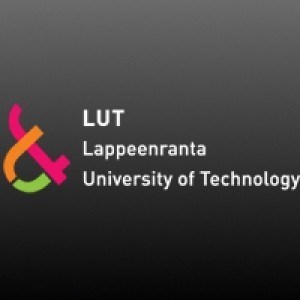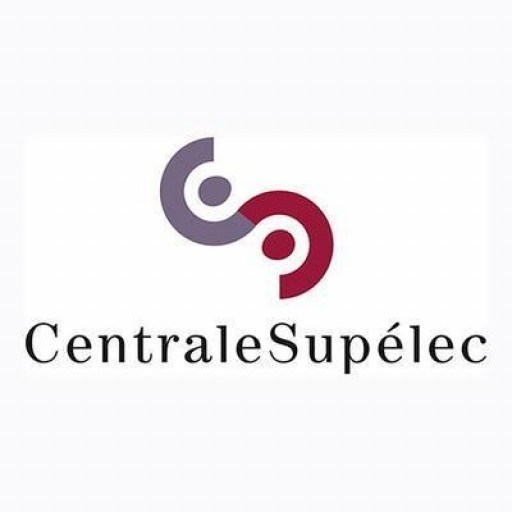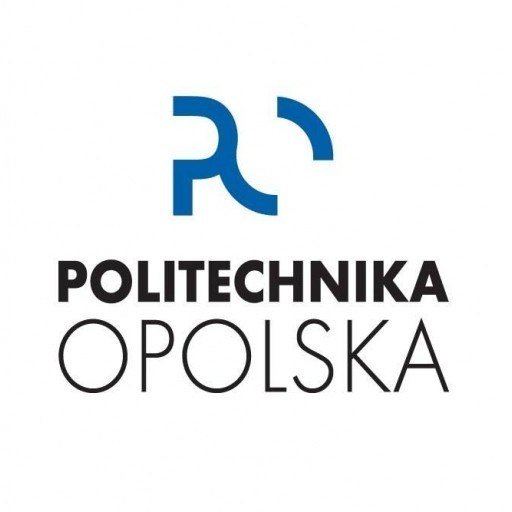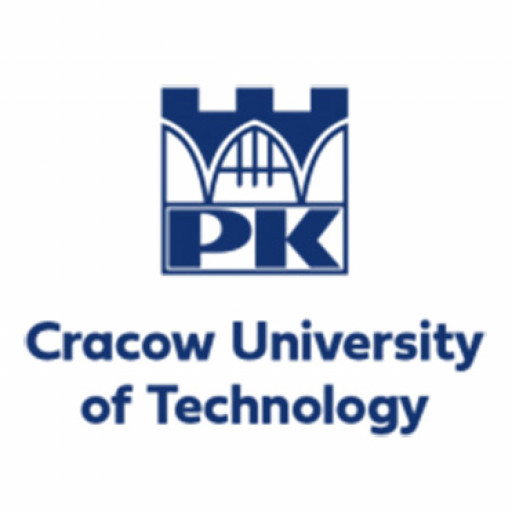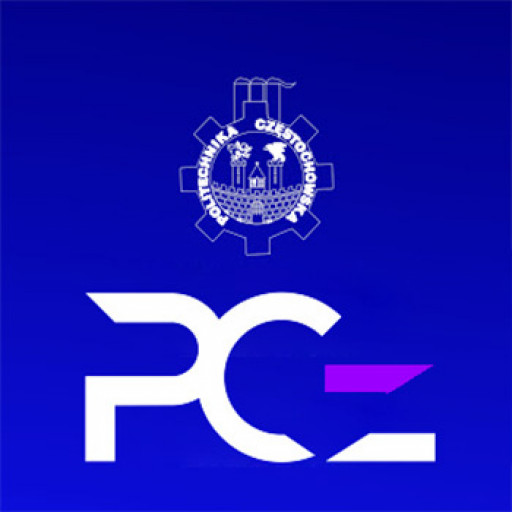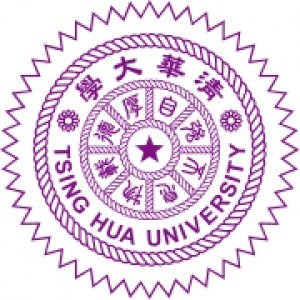Photos of university / #tu_berlin
The Master’s Programme in Space Engineering at Technische Universität Berlin offers a comprehensive and interdisciplinary education aimed at preparing students for innovative careers in the space industry, research institutions, and related sectors. This program combines fundamental principles of aerospace engineering, orbital mechanics, spacecraft design, and satellite technologies with advanced topics such as space mission analysis, space systems engineering, and satellite communication. Students will gain in-depth knowledge of the entire lifecycle of space missions—from conceptual design and development to operation and deorbiting—while developing practical skills through laboratory work, simulations, and project-based learning. The curriculum emphasizes the integration of theoretical knowledge with hands-on experience, allowing students to work with cutting-edge tools and software used in the aerospace industry. Collaboration with industry partners, research projects, and internships are integral parts of the program, providing students with valuable networking opportunities and real-world insights. The programme is designed to foster innovation, critical thinking, and problem-solving abilities, enabling graduates to contribute effectively to the advancement of space technology and exploration. Graduates of this programme will be well-equipped to pursue careers in satellite development, mission planning, space agency research, or further academic research. The programme is suitable for students with backgrounds in aerospace engineering, mechanical engineering, electrical engineering, computer science, or related disciplines who aspire to work in the dynamic and growing field of space technology. With access to TU Berlin’s excellent facilities, laboratories, and research centers, students will participate in pioneering projects and contribute to ongoing developments in space engineering. The Master’s in Space Engineering at TU Berlin stands out as a leading program dedicated to cultivating the next generation of space industry professionals, combining rigorous academic training with practical application in a vibrant, innovative environment.
Educational organisation
The programme is structured into four module groups and a Master's thesis, with an overall workload of 120 credit points (CPs).During the first three semesters, students select courses from the module groups A, B, C and D with a total of 90 CPs.
A - Space Technology
B - Space System Design
C - Space Management and Operation
D - Interdisciplinary
A Master's thesis, which completes the study programme, counts for 30 CPs.
Module group A - Space Technology
- Fundamentals of Space Technology
- Satellite Technology
- Space Electronics
- Spacecraft Dynamics and Control
- Space Propulsion Systems
- Space Sensors and Instruments
Module group B - Space System Design
- Space System Design Project
- Space Technology Project
Module group C - Space Operations
- Space Mission Planning and Operations
- Human Space Flight and Space Psychology
- Space Flight Mechanics
- Satellite Geodesy
Module group D - Interdisciplinary
- Project Management
- Innovation Management and Entrepreneurship
- German for Engineers
Internships
An internship is not compulsory in the MSE study programme. However, it is highly recommended. The opportunity to gain internship experience in the European space industry will be provided.Course objectives
The aim is to educate systems engineers equipped with the knowledge to become future leaders in the space industry.Language requirements
English proficiency, proven by one of the following:- TOEFL 80 (Internet-based), 213 (computer-based), 550 (paper-based); IELTS band 6 score (academic modules)
- Bachelor's degree completed in Australia, Canada, Great Britain, USA, Ireland or New Zealand
- English as mother tongue
Academic requirements
Previous degree (at least Bachelor's or equivalent)Minimum of one year of work experience, gained mainly after graduation (including relevant internship periods)
For more information, please visit the MSE website:
http://www.mse.tu-berlin.de/admission/requirements
Enrolment fees
303.39 EUR per semester. The fee includes a semester ticket covering public transport in the Berlin metropolitan area.Costs of living
Approx. 700-800 EUR per month to cover personal expensesJob opportunities
EU or EEA nationals have full access to the German job market.International students from non-EU or non-EEA countries can work a total of 120 full or 240 half days per year in Germany. Students who wish to work more require a permit from the "Agentur für Arbeit" (Federal Employment Agency) and the foreigners' authority.
Employment as a student assistant at the university is not counted towards the 120 full or 240 half working days.
Arrival support
The MSE administration team helps students organise their trip to Berlin.An orientation week is offered for new students at the beginning of the study programme to help students to organise their new lives in Berlin.
Services and support for international students
Students are supervised and supported by the MSE administration team and lecturers at the university throughout the entire study programme.Contact the MSE team at:
Marchstraße 12-14, Room 409
10587 Berlin, Germany
E-mail: info@mse.tu-berlin.de
Phone: +49 (0) 30-31 42 59 22
Accommodation
The choice of accommodation in Berlin is large and varied, from rooms in dormitories, shared flats and host families to hotels. Nevertheless, it is very important to start looking for suitable accommodation in advance, as demand is high.At http://www.mse.tu-berlin.de/life-in-berlin/accommodation you will find a selection of websites that may prove useful in your search for accommodation.

